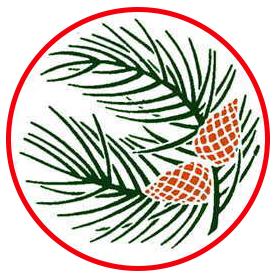Maths
When teaching Mathematics at The Horsell Village School, we provide a curriculum which caters for the needs of all individuals. We ensure that the curriculum design allows for small secure steps and acknowledges the importance of the children being secure and fluent in a concept before moving on to the next level.
We incorporate sustained levels of challenge through high quality activities which make our children think. Our Maths curriculum places a focus on fluency, reasoning and problem solving through the Maths Mastery approach. Children are encouraged to explore and investigate Maths in depth, using mathematical vocabulary to reason and explain their workings. We foster a wide range of mathematical problems where children can demonstrate fluency and understanding by acknowledging and explaining that mathematical questions may have multiple answers and that incorrect answers are as important as correct answers.
Our classroom learning walls reflect the learning that is currently taking place in the classroom. A wide range of mathematical resources are used in lessons and children are taught to show their workings using concrete materials, before establishing ways of pictorially and formally representing their understanding. Children will explain their mathematical thinking and develop their mathematical reasoning skills through questioning and modelling. We empower children to respond positively to challenge, developing resilience in all aspects of maths learning as well as self-reflection in order to identify next steps in their learning.
There is a Number focus in day-to-day teaching and learning as we want pupils to develop confidence and mental fluency with whole numbers, counting and place value; the thread that runs through the teaching and learning of the four operations. We use the Mastering Number program from NCETM (National Centre for Excellence in the Teaching of Mathematics) to embed number sense. As much as possible, we aim to make purposeful Maths links across the school curriculum so that children’s learning is in context, is purposeful and links to everyday life experiences.
